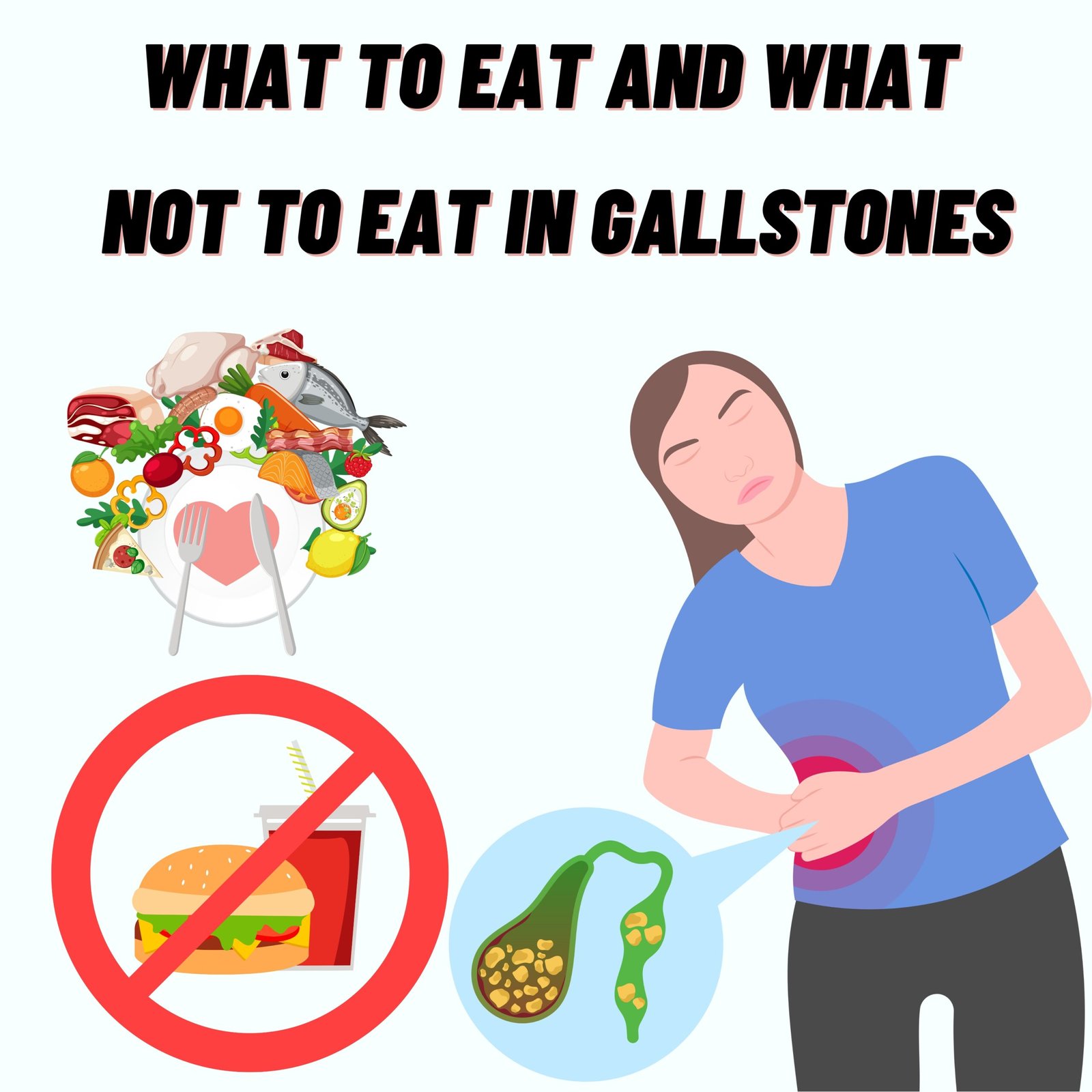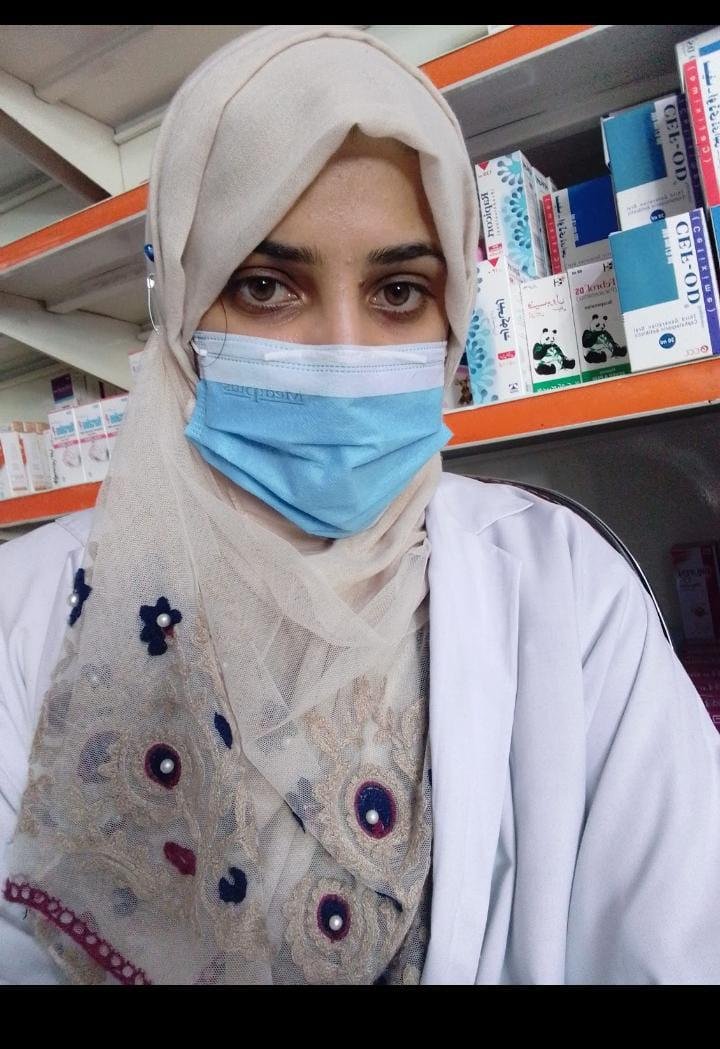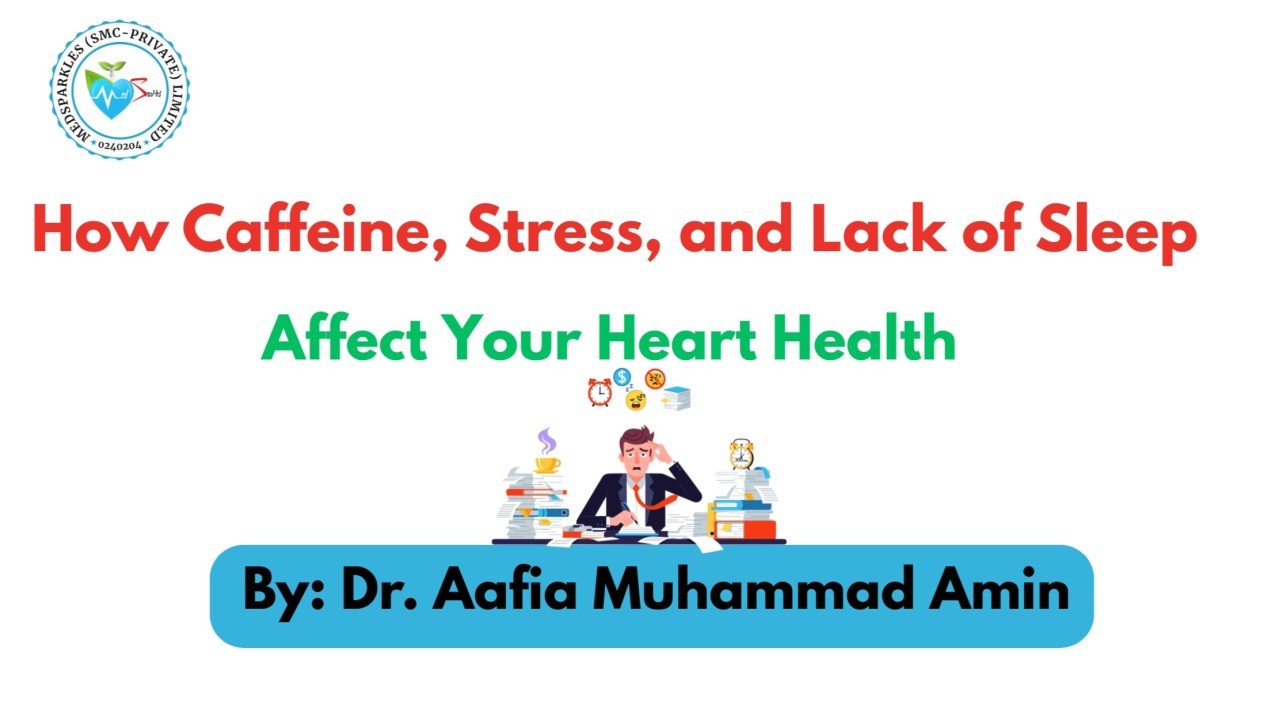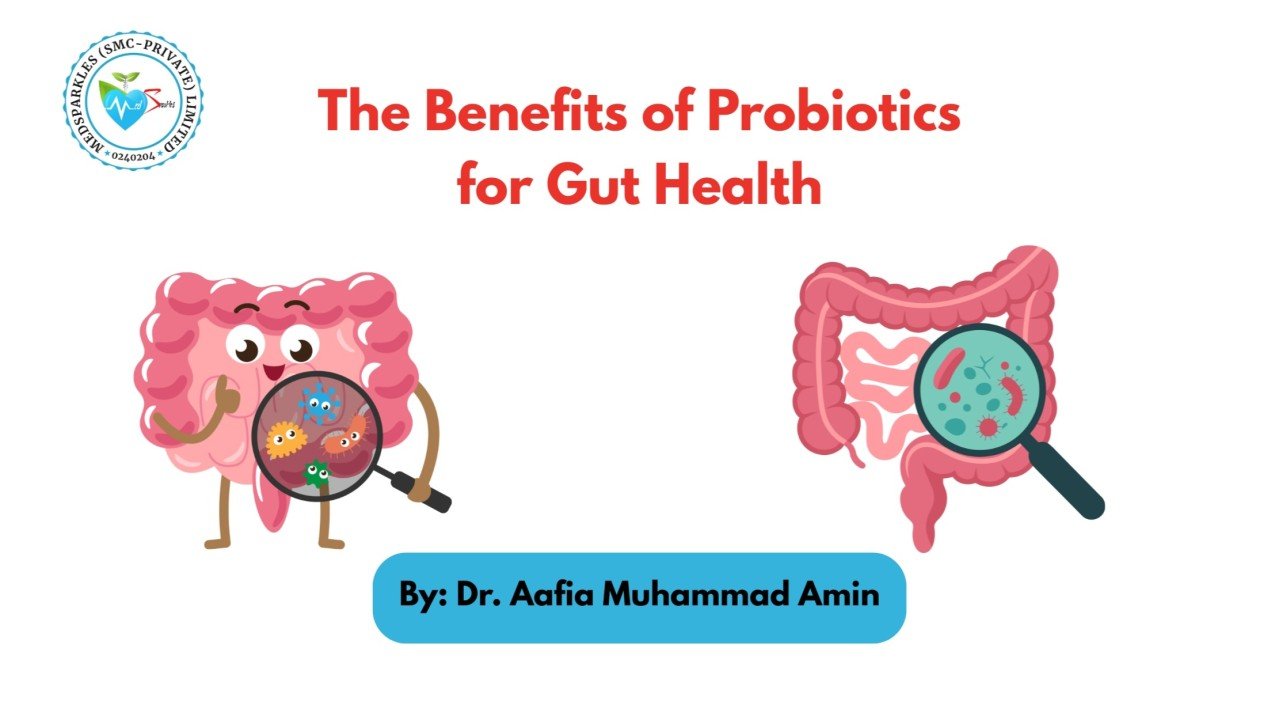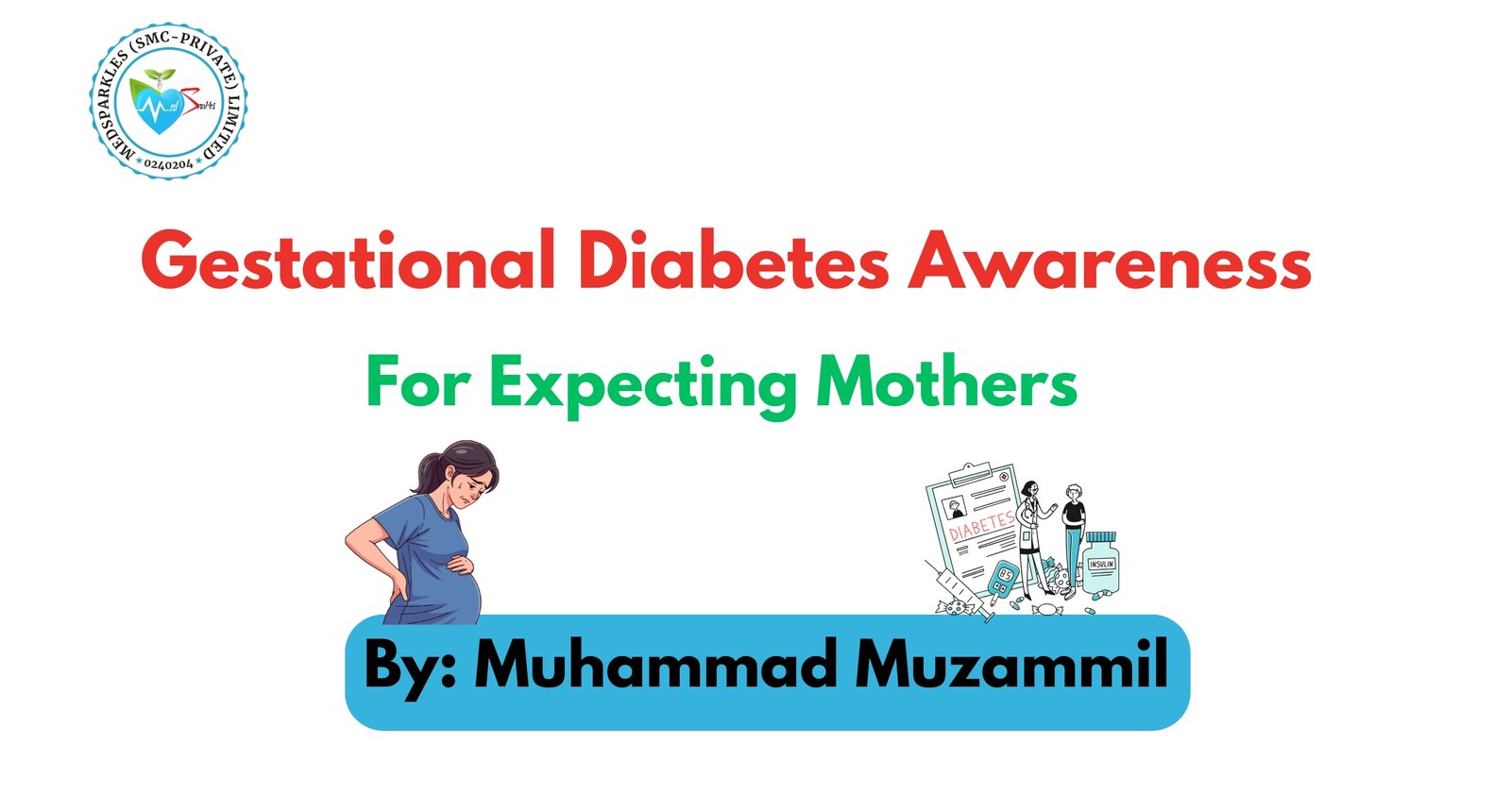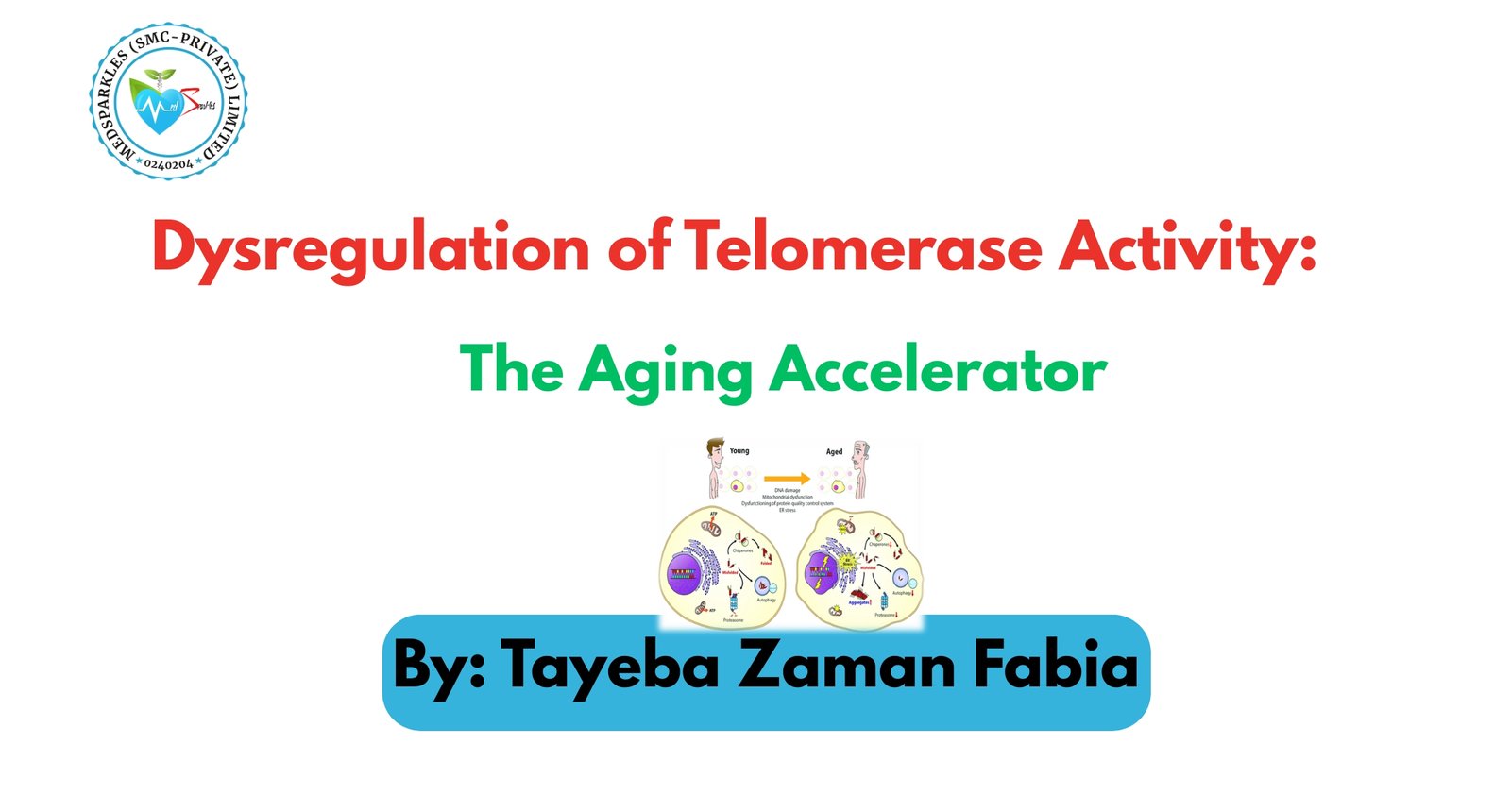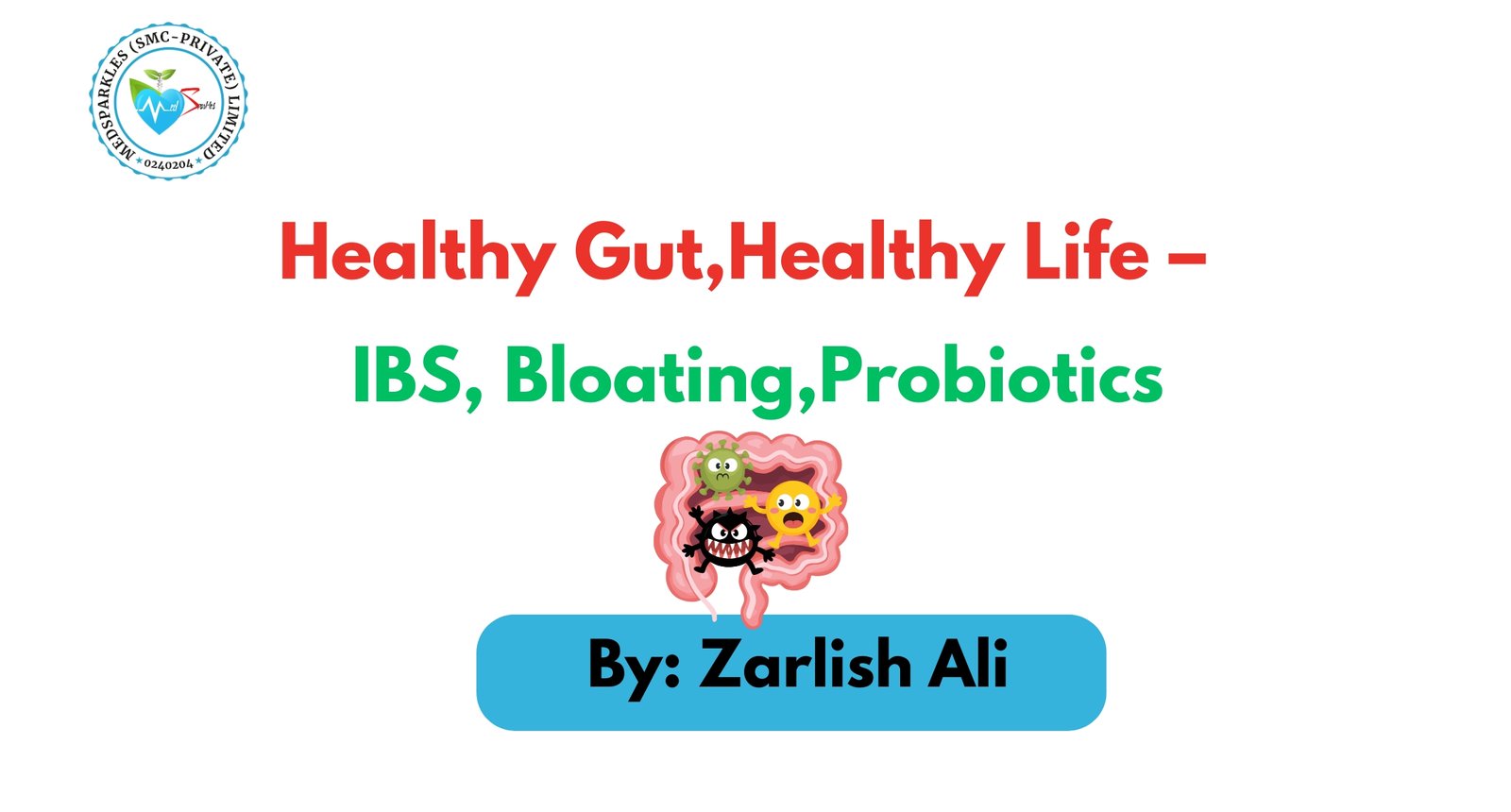Our food gets digested in many ways in the gastrointestinal system. Among many other organs that help in the digestion of food, the gallbladder is the smallest one, found just below the liver.
The gallbladder is a small organ that stores bile, secreted by the liver. Bile helps in the digestion of fat after entering the small intestine through the small duct.
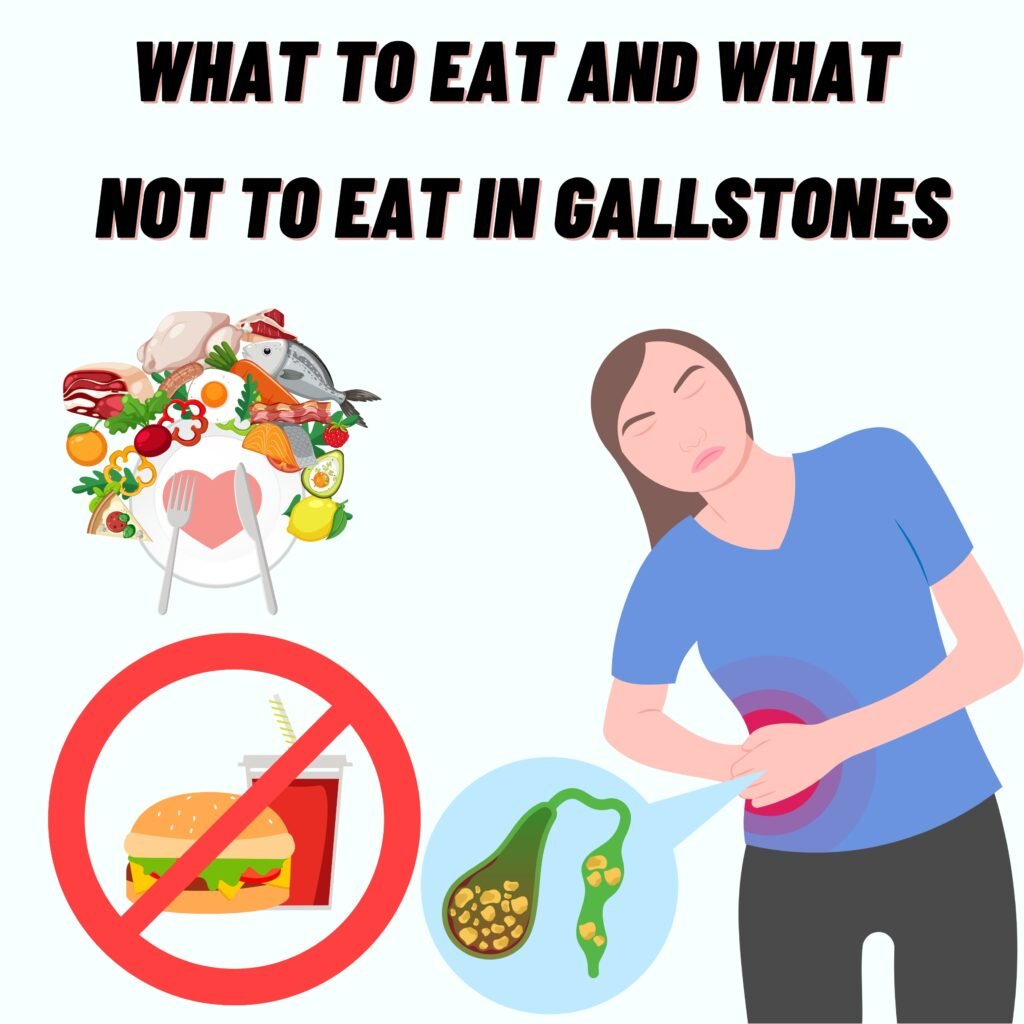
Bile juice that performs a very important function is mainly composed of cholesterol and bilirubin. It is stored in the gallbladder and becomes concentrated with time until used by the duodenum to digest fats.
Gallstones are formed in the gallbladder when the contents of bile juice remain deposited for a long time, and they convert into gallstones. Gallstones usually are not dangerous if they don’t show symptoms.
But if symptoms persist it is treated mostly through laparoscopy. You may have one or many gallstones in this tiny organ.
Symptoms of gallstones include
- High-grade fever
- Upper abdominal pain
- Yellowish eyes and skin
- Nausea
- Vomiting
- Dark colored urine
Many different complications can lead to gallbladder stones, but the following risk factors may add up in the formation of gallbladder stones.
Risk factors for gallstones include
- Pregnancy
- Age above 40
- Diabetes
- High cholesterol
- Obesity
- Sudden weight loss
- Female gender
- Liver disorder
As disease prevails you think about what to eat and what to avoid so that you don’t move towards the severity of disease.
Gallstones may cause discomfort. They can also obstruct the duct that emerges from the gallbladder if they are big enough. This has the potential to become fatal over time. Gallbladder removal is frequently required in these situations.
Food to consume in gallstones:
The gallbladder has a specific role in digesting fat; thus diet has the main role in the formation and treatment of gallbladder stones. A list of food has been compiled to help what to eat and what not to eat in gallstones.
Diet rich in fiber:
Your digestive system and the passage of food through your bowels are supported by a diet high in fiber. It also supports the health of your gallbladder. Fruits, vegetables, beans, pulses, oats, and whole grains are among the foods high in dietary fiber.
Fruits and vegetables:
Eat more fruits and vegetables in portions each day, including citrus fruits, beans, nuts, lentils, peppers, tomatoes, and leafy greens.
These foods can support the maintenance of a healthy gallbladder since they are high in vitamins, minerals, fiber, and antioxidants. Specifically, vitamin C, magnesium, and folate may support healthy gallbladder function.
Whole wheat and grains
Whole wheat grains, bread, oats, and cereals are the best options to consume regularly in gallstones. This type of food promotes gallbladder health and helps in healing the gallbladder.
Eat frequently
Eat more frequently in portions rather than having a large gap between meals. In this way, the gallbladder gets time to empty frequently, and gallstones are not formed.
Stay hydrated
Drinking enough water keeps your body organs healthy. Take enough liquid each day to stay healthy and hydrated in gallstones disease.
Plant-based fats
Adding fat to your diet is truly very dangerous in cholelithiasis (gallstones). But eating healthy fat derived from plant sources i.e. saturated fats found in avocado, nuts, olive oil and sunflower oil can be consumed. Thus, the replacement of animal fat with plant-based fat is a good option for gallstones.
Foods to avoid in gallstones
As bile helps in the digestion of fats and gallstones bile is unable to reach the small intestine, in this way fat cannot digest.
Thus, it’s a better option to avoid food that contains fat. Because the gallbladder releases bile into the digestive system when it’s needed, i.e. when we ingest fatty food.
Fatty food
Avoid food that contains fat, and upon its digestion, your bladder needs to work to release bile in the small intestine. Fatty food, e.g. fried fish, fast food, processed chicken, fried food and foods that contain more saturated fat must not be consumed.
Trans fat-containing food
Trans fats found in fried foods and some commercially baked products raise the level of triglycerides in your blood. This may increase your chances of developing more gallstones.
If you have gallstones, eating high-fat foods can increase your risk for painful complications caused by upper abdominal pain.
This is because dietary fat causes more frequent contraction of the gallbladder to secrete bile. And secretion of bile is painful in gallstone disease.
Sugar intake
Sugary food consumption like cakes, biscuits and pastries further potentiates the risk of gallstone formation because studies suggest that sugar intake increases cholesterol levels. It’s better to avoid sugary food in this condition.
Fried food
Fried food is not less than poison for a person suffering from gallstones, because it will allow the gallbladder to squeeze more bile in the small intestine which will aggravate symptoms.
Try baking, grilling or any other alternative method for cooking food instead of frying.
Baked food
Baked food contains refined flour, eggs and fat that are bad for gallstone disease. Try your best possible not to eat baked items in this condition.
Check the label
Check the label of packed food that you buy for the following to avoid further triggering of gallbladder stones symptoms.
- A large amount of cheese
- High-fat concentration
- Fish oil in high quantity
- High-fat meat
- High sugar concentration
The Bottom Line
Problems with the gallbladder can be uncomfortable and even hazardous. It is possible to preserve and enhance the health of your gallbladder by eating the correct foods and avoiding the wrong ones, particularly those that are high in fat.
Reducing weight through regular exercise and doing yoga will help to enhance internal and external health, but eating a diet better for the gallbladder is the best option for symptomatic treatment of gallstones.
In the end, maintaining a healthy gallbladder through nutrition will improve your general health and, over time, keep your entire body better.
It’s better to keep in mind the options given to you for your diet in this article along with the recommendation of your physician.
Reference : (added in sugar subheading)
Thornton, J. R., Emmett, P. M., & Heaton, K. W. (1983). Diet and gall stones: effects of refined and unrefined carbohydrate diets on bile cholesterol saturation and bile acid metabolism. Gut, 24(1), 2–6. https://doi.org/10.1136/gut.24.1.2
